Non-invasive intracardiac pressure monitoring
Submit email to get updates

A medical device for non-invasive monitoring of intracardiac pressure to help reduce re-hospitalizations due to heart failure and can lower mortality rates.
The current standard procedure
Today the most accurate monitoring method for early signs of relapse in heart failure is to do a right heart catheterization. This is often done on patients with previous heart issues to prevent recurring heart failure before rehospitalization is necessary.
The right heart catheterization is performed by a cardiologist or pulmonologist with a team, room, and equipment specialized for this procedure. A long catheter is inserted from an incision and guided to the heart and pulmonary arteries and measurements are taken throughout the process.
It is a common and low-risk procedure, but expensive and resource-intensive with unnecessary discomfort for the already fragile heart patient.


Improved workflow with Acorai
In the future, Acorai will be the standard procedure to measure Pulmonary Artery Pressure and is equally accurate to the right heart catheterization method.
The patient does not have to suffer an invasive procedure and measurements can be taken more frequently. Measuring with Acorai only takes a few minutes and does not require a specialist team, room and other equipment. The device is simply held onto the patient’s chest while data is collected by the five different sensors, analyzed with machine learning and the result is displayed to the medical practitioner.
Acorai can help decrease mortality rates for heart failure patients, reduce costs significantly and offer a better experience for the affected patient.
Blog & News
Stay up-to-date with our progress and the news from the industry
The new standard in heart failure management
On a mission
Despite advances in the early detection and treatment of cardiovascular diseases, such as heart attacks and heart failures, costs are still high. 80% of all costs related to the treatment of heart failure are due to hospitalizations, and 75% of those hospitalizations are preventable.
We understood that something had to be done, so we founded Acorai in 2019 with the vision of redefining the monitoring and treatment of patients with heart failure through new technology and artificial intelligence.
We wanted to develop an AI-based medical device that could be the first non-invasive monitor of intracardiac pressure in the world. It could dramatically improve the health outcome for more than 30 million people suffering from heart failure around the world.
“Can we leverage a novel combination of non-invasive sensor technologies with state-of-the-art machine learning methods to accurately detect impending heart failure?”
After more than a year of research and development, we are now starting our first clinical trials to validate the technology with two of Europe’s leading hospitals.



















